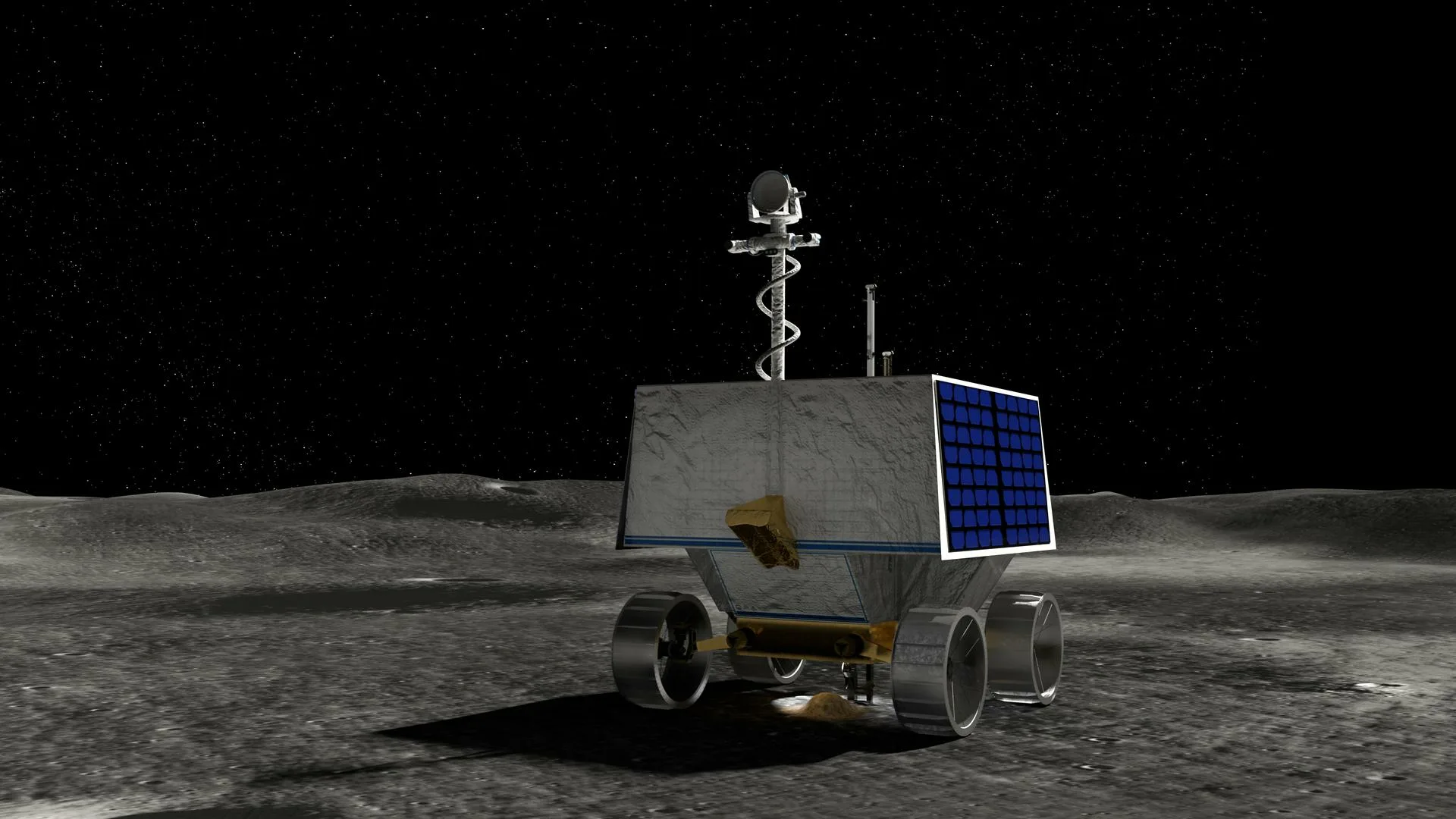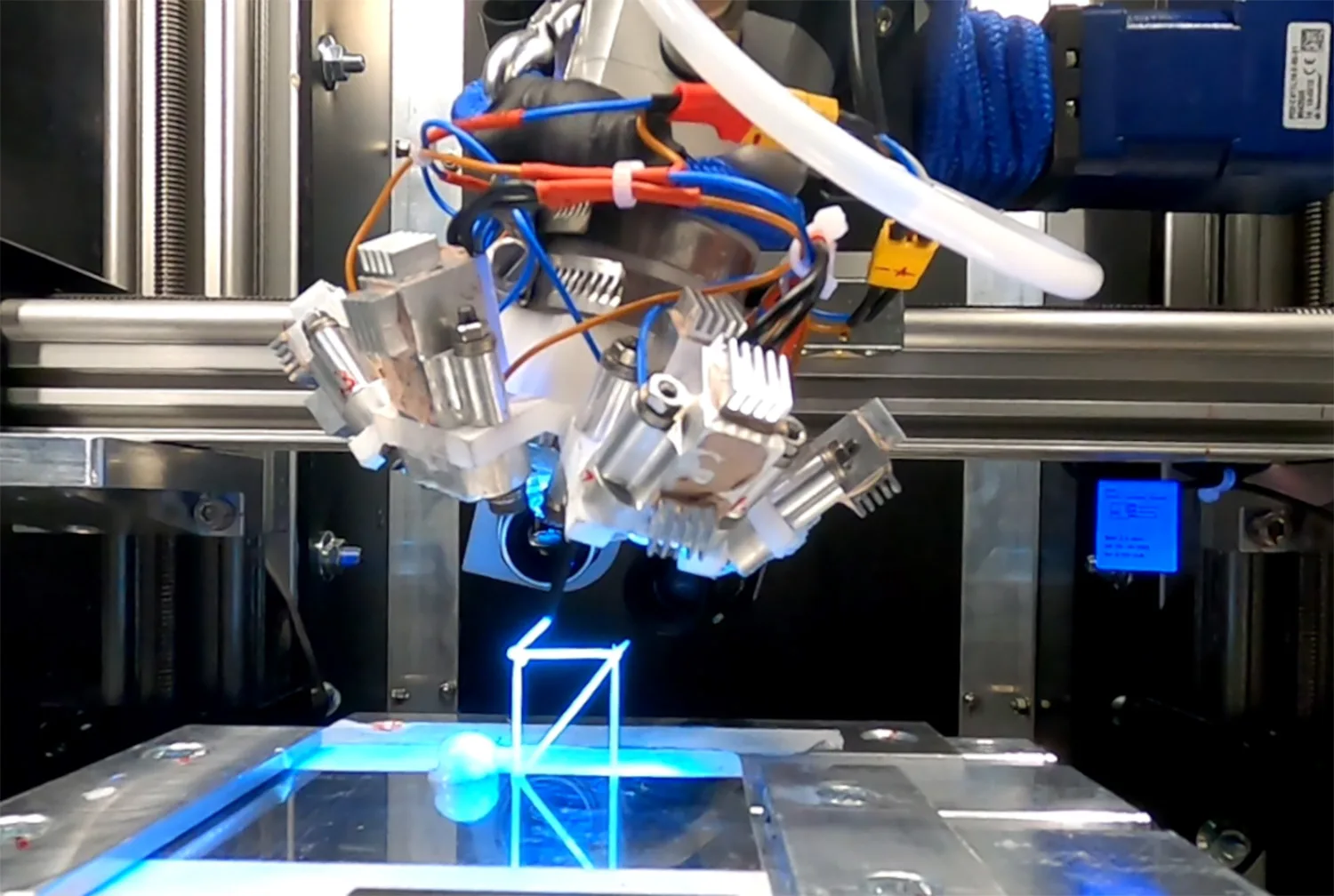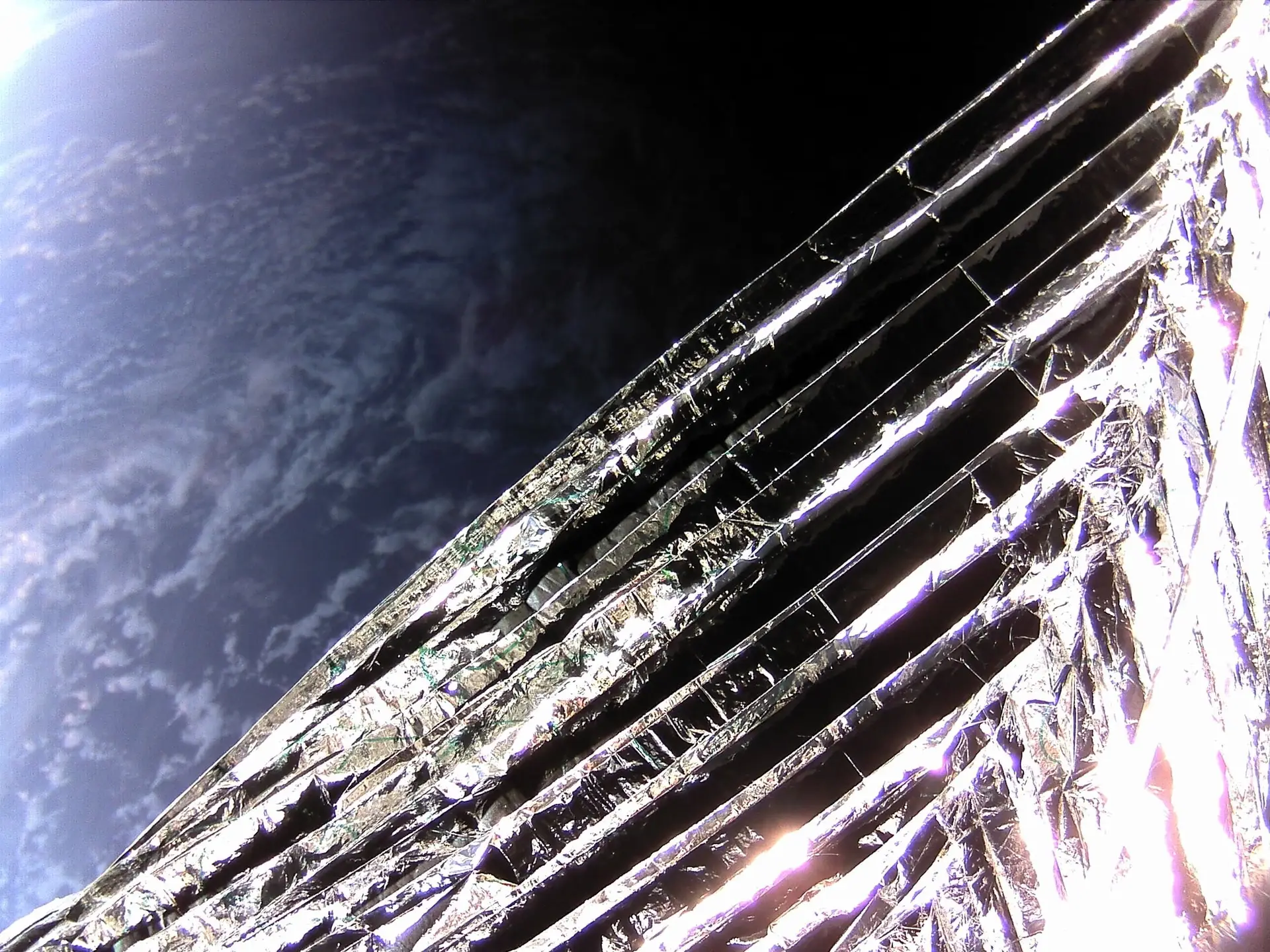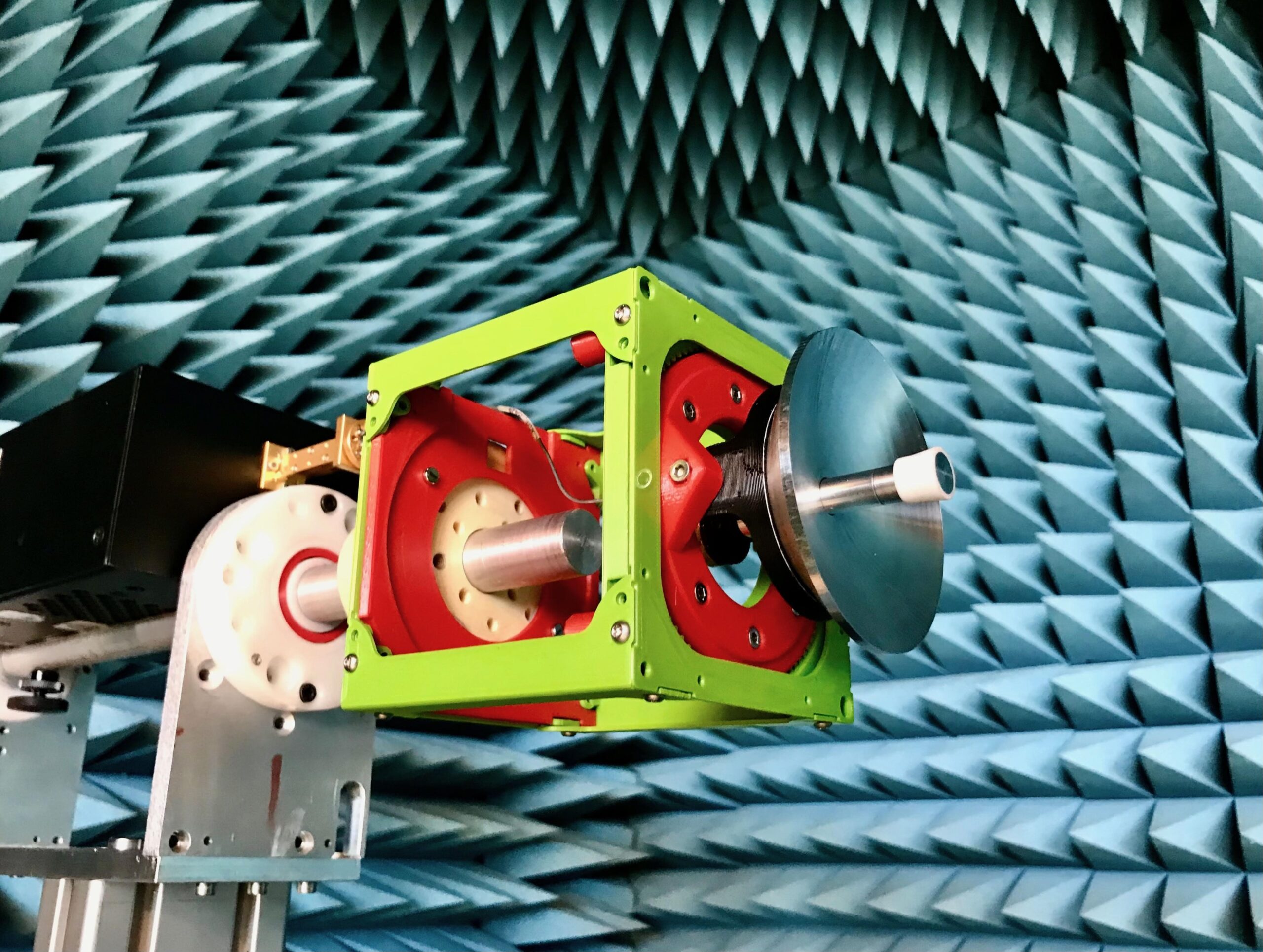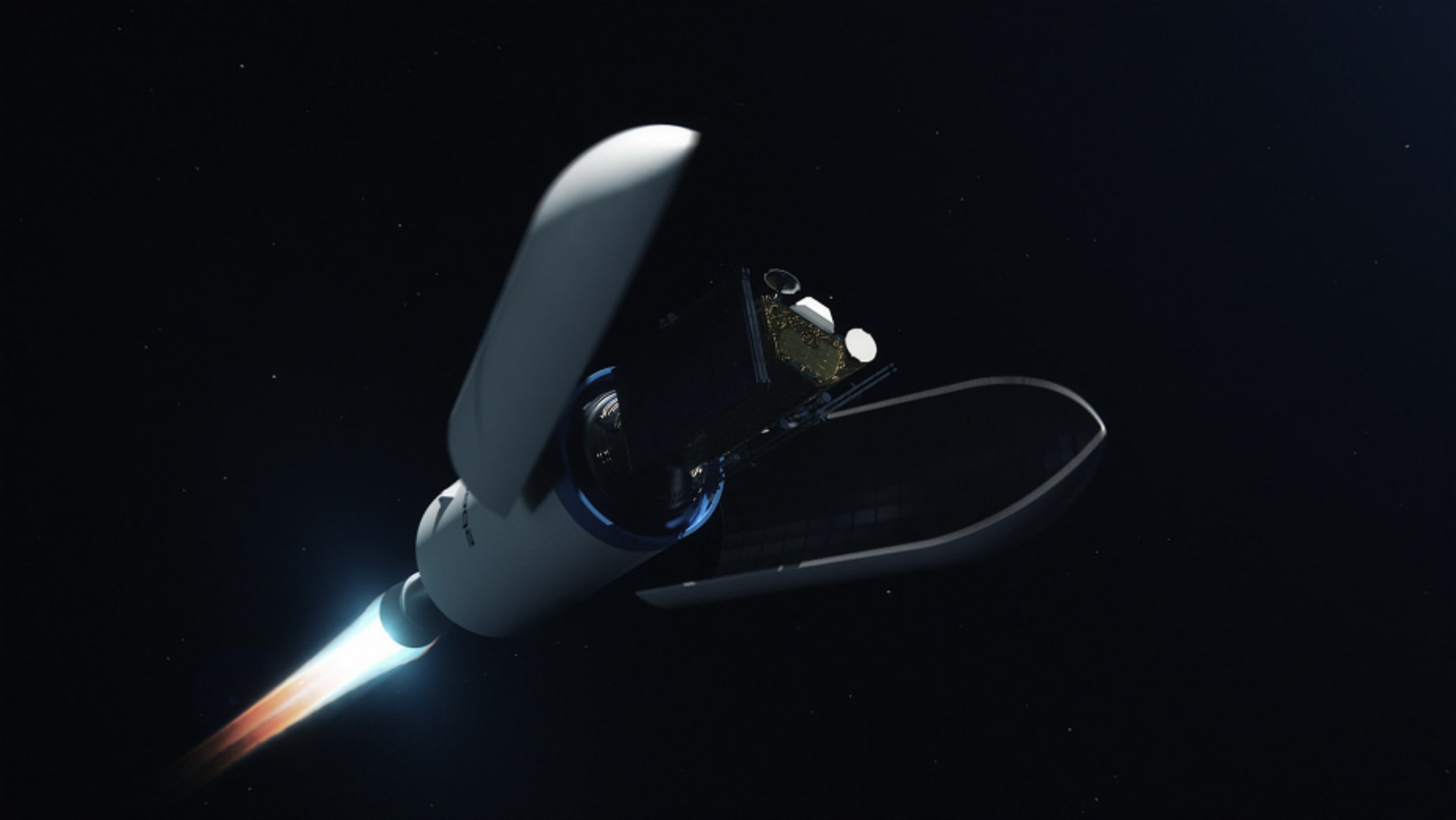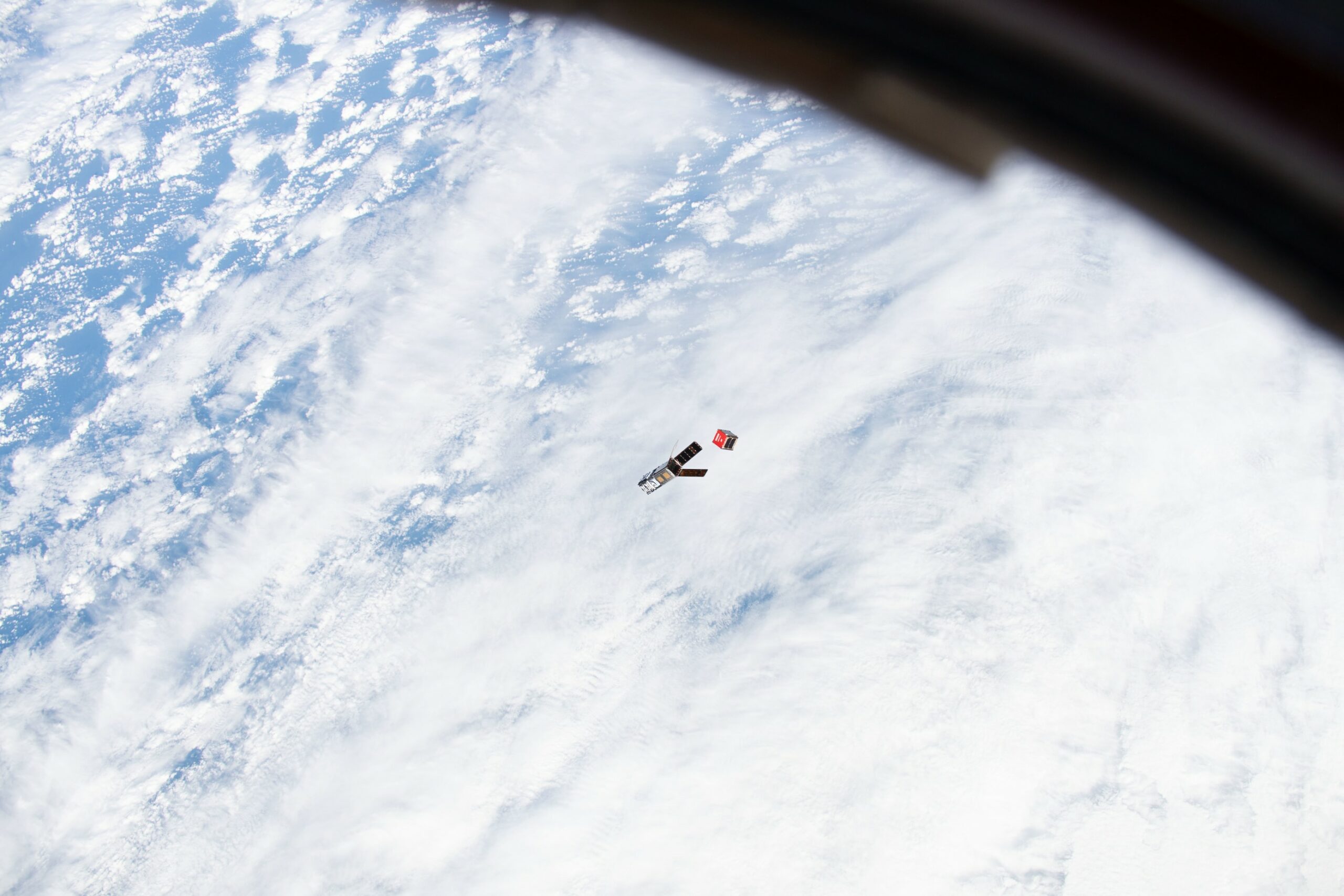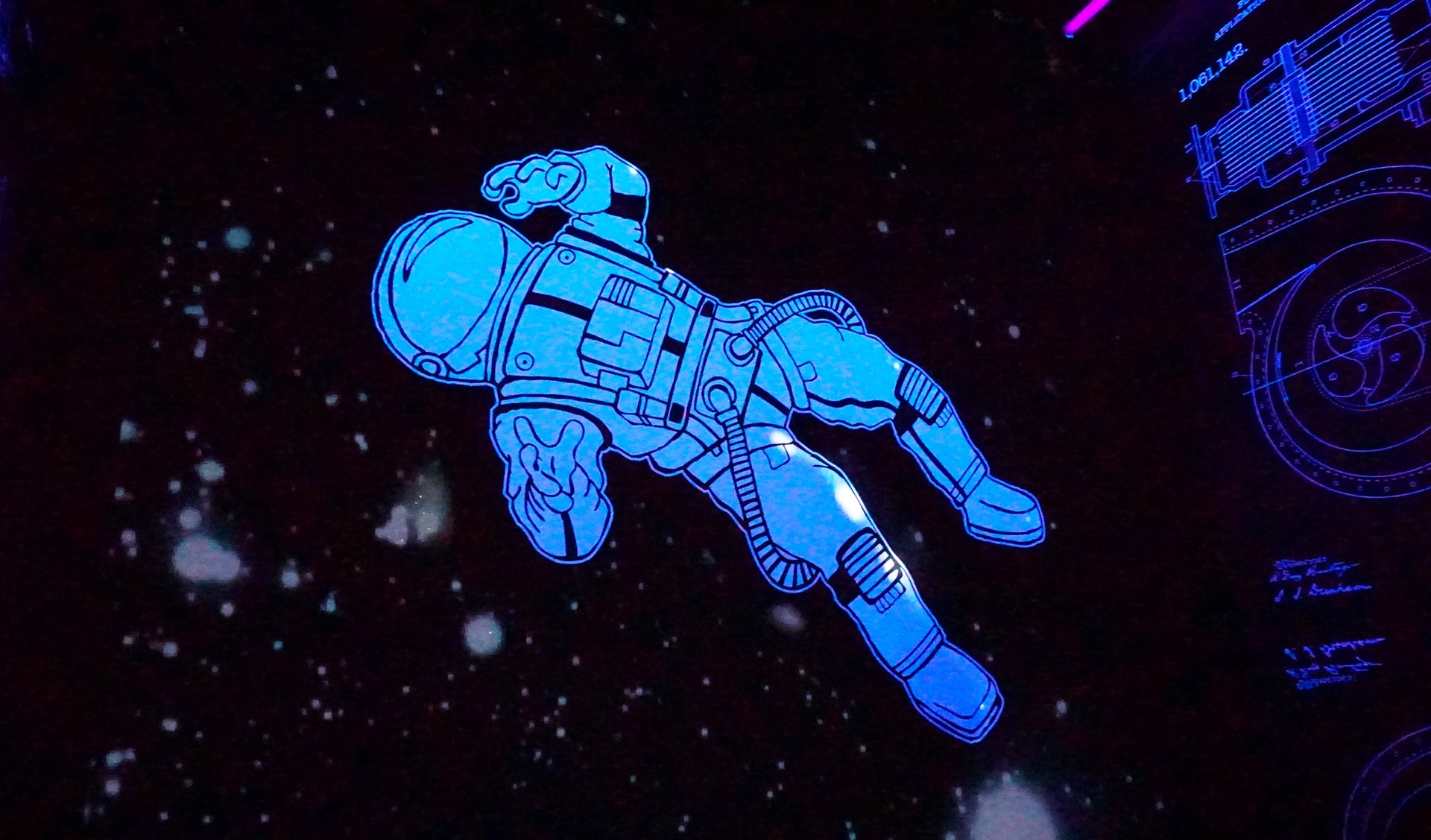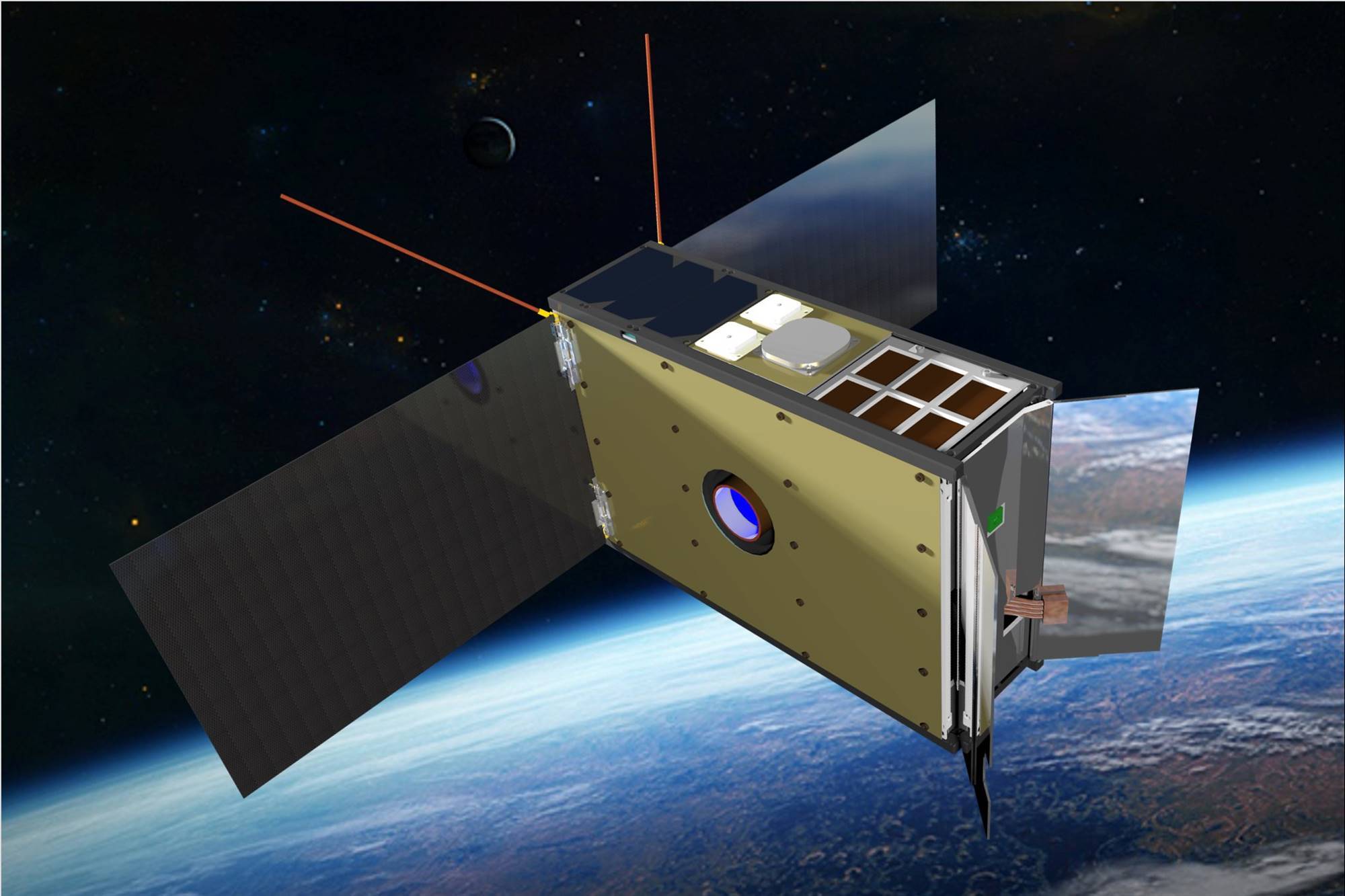
DcubeD supplies technology for Australian astronomy nanosatellite SpIRIT
Published on Thu, 28.10.2021 – 12:51 CEST in Upstream, covering DCUBEDIn Q3 2022, the SpIRIT (Space Industry - Responsive - Intelligent - Thermal Nanosatellite) mission is scheduled to launch for remote sensing in the gamma and X-ray range. The trigger actuators for the deployment of the radiator panels will be provided by DcubeD.
The mission is led by a team from the University of Melbourne. The mission will use an innovative nanosatellite whose main platform was designed and manufactured by Australia. The main payload will be provided by Italian project partners. Three technologies are to be made suitable for space as part of the mission.
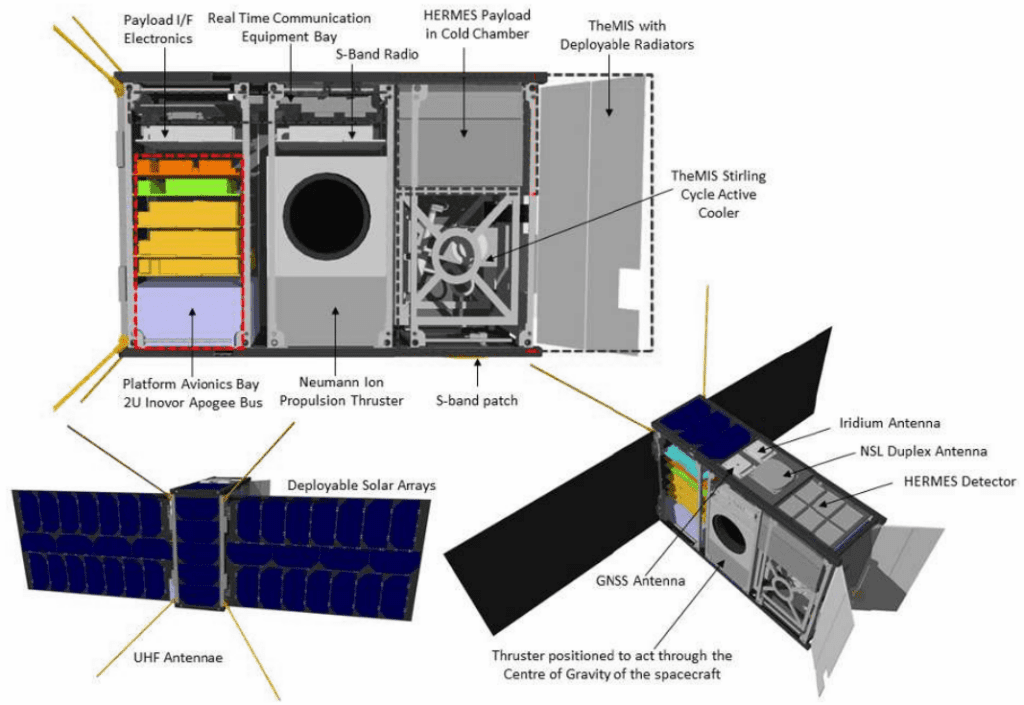
© The University of Melbourne
- TheMIS (Thermal Management Integrated System)
An integrated thermal management system that provides active cooling for satellite-based instruments. By cooling instruments with TheMIS, the performance of sensors can be improved. This is of particular interest for applications such as Earth Observation, Space Situational Awareness, astronomical observations, and remote sensing asteroid exploration. - Mercury (adaptive autonomous low latency communications module)
This is intended to improve the communications technology of small satellites (cube- and nanosatellites) in Low Earth Orbit (LEO). To provide low-latency connectivity for time-critical data, Mercury uses both Iridium and Globalstar transceivers. Mercury can autonomously switch between the two systems for optimal coverage. - Neumann Space Thruster
A highly efficient electronic propulsion system developed by Neumann Space in Australia. Scalable from cubesats to large spacecraft, this ion thruster uses patented technology to convert a solid conductive fuel rod into plasma to generate thrust.
DcubeD ensures mission critical part
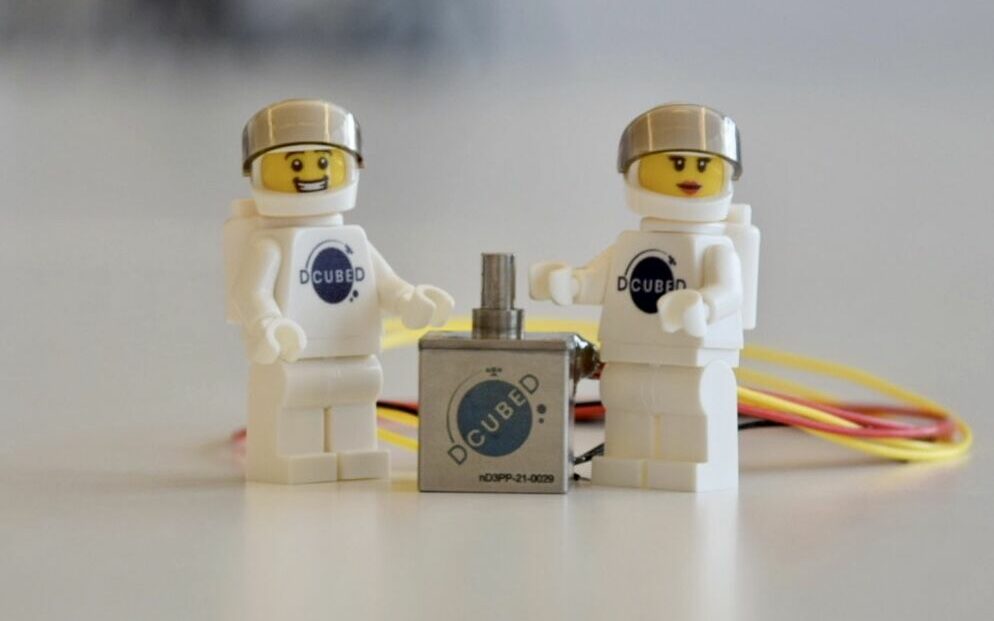
© DcubeD.
The operating temperature of TheMIS is considered particularly mission-critical. To ensure it, a large heat dissipating radiator surface is required. Due to the small available space of cubesats (10 x 10 x 10 cm, < 1 kg), the radiators are designed to be extendable. DcubeD's trigger actuators (nD3PP nano-pin pullers) are designed to ensure successful deployment of the radiator panels to aid in thermal control. "SpIRIT is a really exciting mission," said Dr. Thomas Sinn, CEO of DcubeD. He continued, "SpIRIT will make a valuable contribution to the primary HERMES constellation by searching for newly formed black holes and other electromagnetic equivalents of gravitational wave events, putting a nanosatellite constellation at the forefront of science."
Gravitational waves: Predicted by Einstein in 1916, proven in 2016
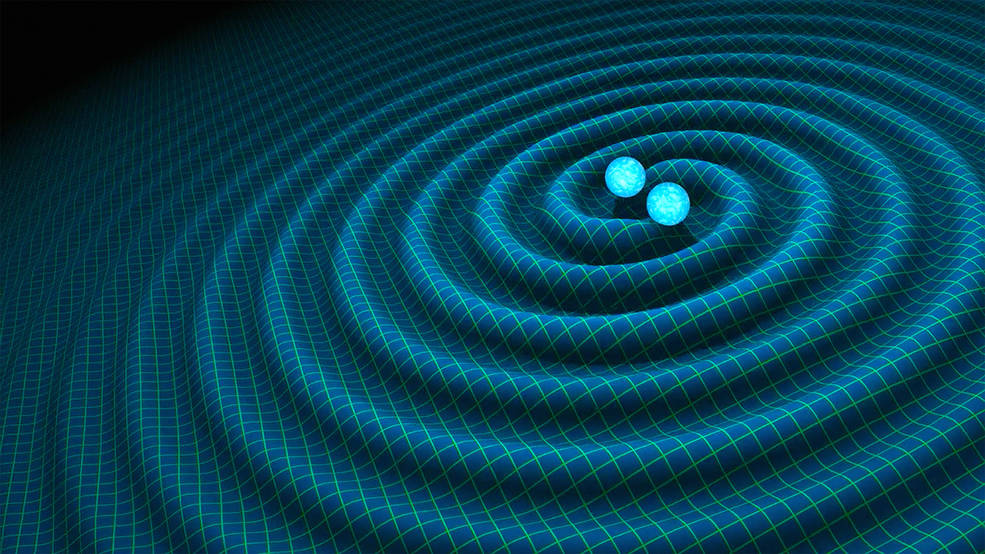
© R. Hurt/Caltech-JPL
The term gravitational wave was coined already in 1905 by the French mathematician, physicist, astronomer and philosopher Henri Poincaré. These waves are triggered in the space-time accelerated masses. Since, according to the theory of relativity, nothing can move faster than light, after a finite time they also have an effect on distant places. By the compression and stretching of the space also distances change within a area of the space. Albert Einstein concluded 1916 from it that gravitational waves must exist. The first evidence of these waves was provided by scientists on February 11, 2016, who in September 2015 were able to directly measure gravitational waves created by the collision of two black holes. For this milestone in astronomy, the scientists Rainer Weiss, Barry Barish and Kip Thorne were awarded the Nobel Prize in Physics in 2017.
Dass wir als Lieferant für die Auslöseaktoren des entfaltbaren Radiators für diese spannende Mission ausgewählt wurden, erfüllt mich und das gesamte DcubeD-Team mit Stolz.
Dr. Thomas Sinn, CEO DcubeD
According to Simon Barraclough, technical director of the SpIRIT mission, the mission aims to "improve the capabilities of small spacecraft by providing the opportunity to demonstrate new technologies in orbit." In addition, the project aims to demonstrate the viability of Australian products in the global space industry supply chain. No less important to those involved is providing hands-on education to train a highly skilled workforce for the space sector and, ultimately, to inspire the Australian public. To that end, collaboration at the international level is particularly important to the mission's success, as Barraclough also points out:
Eine Schlüsseltechnologie ist das thermische Kontrollsystem für die Nutzlast, das von der Universität Melbourne entwickelt wird. Das DcubeD-Gerät ist eine wichtige Voraussetzung für die sichere und zuverlässige Freisetzung des entfaltbaren Radioators. Wir sind sehr zufrieden mit dem Produkt und dem Service von DcubeD und freuen uns auf den erfolgreichen Einsatz im Orbit.
Simon Barraclough, Technical Director SpIRIT Mission
After launch toward the end of 2022, SpIRIT will orbit the Earth in a sun-synchronous orbit at an altitude of 550 km.
via DcubeD, The University of Melbourne
